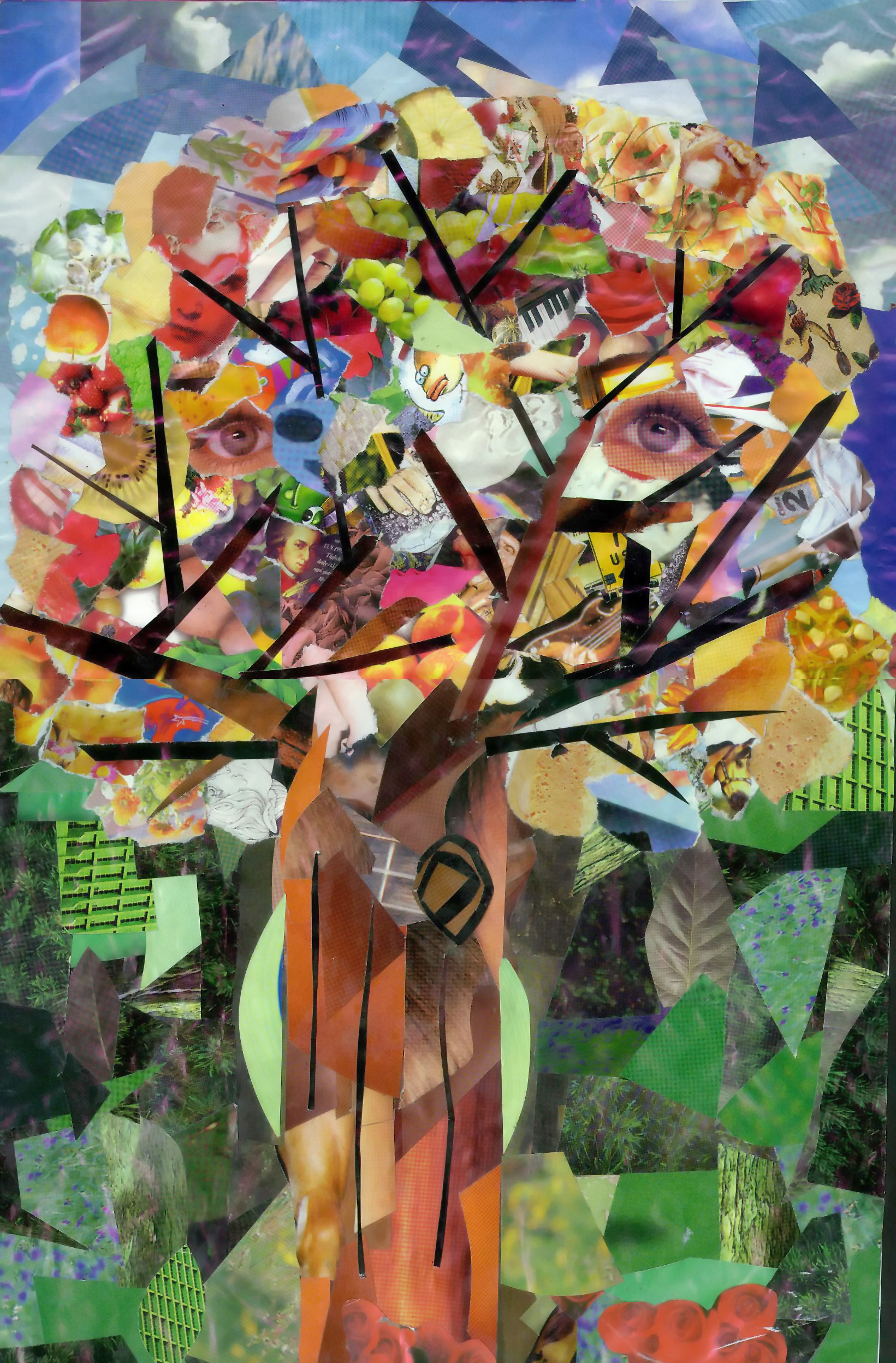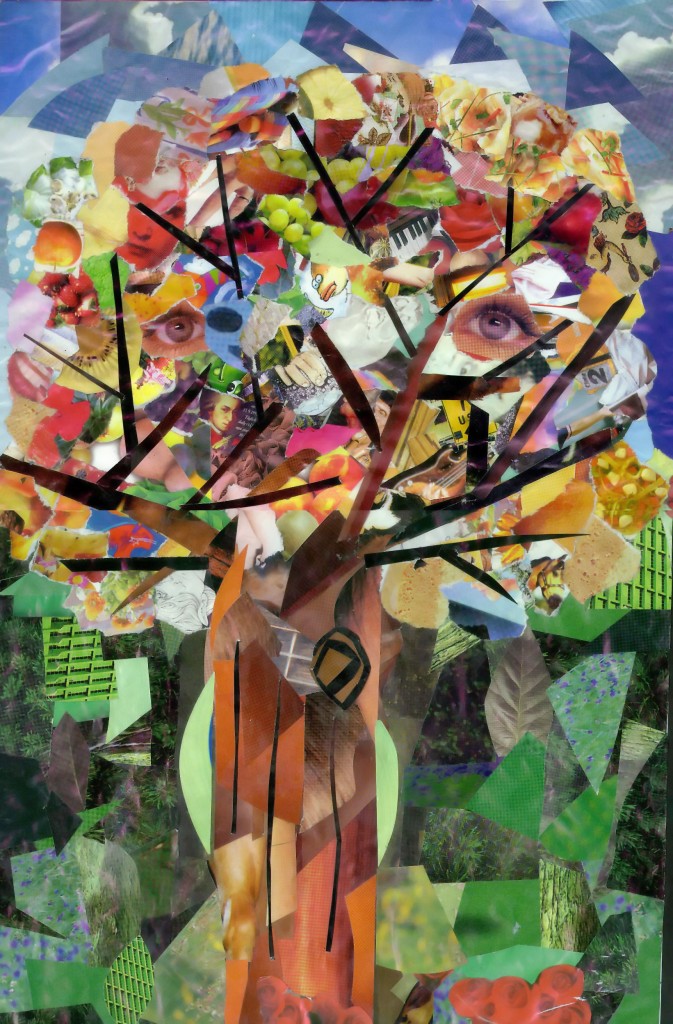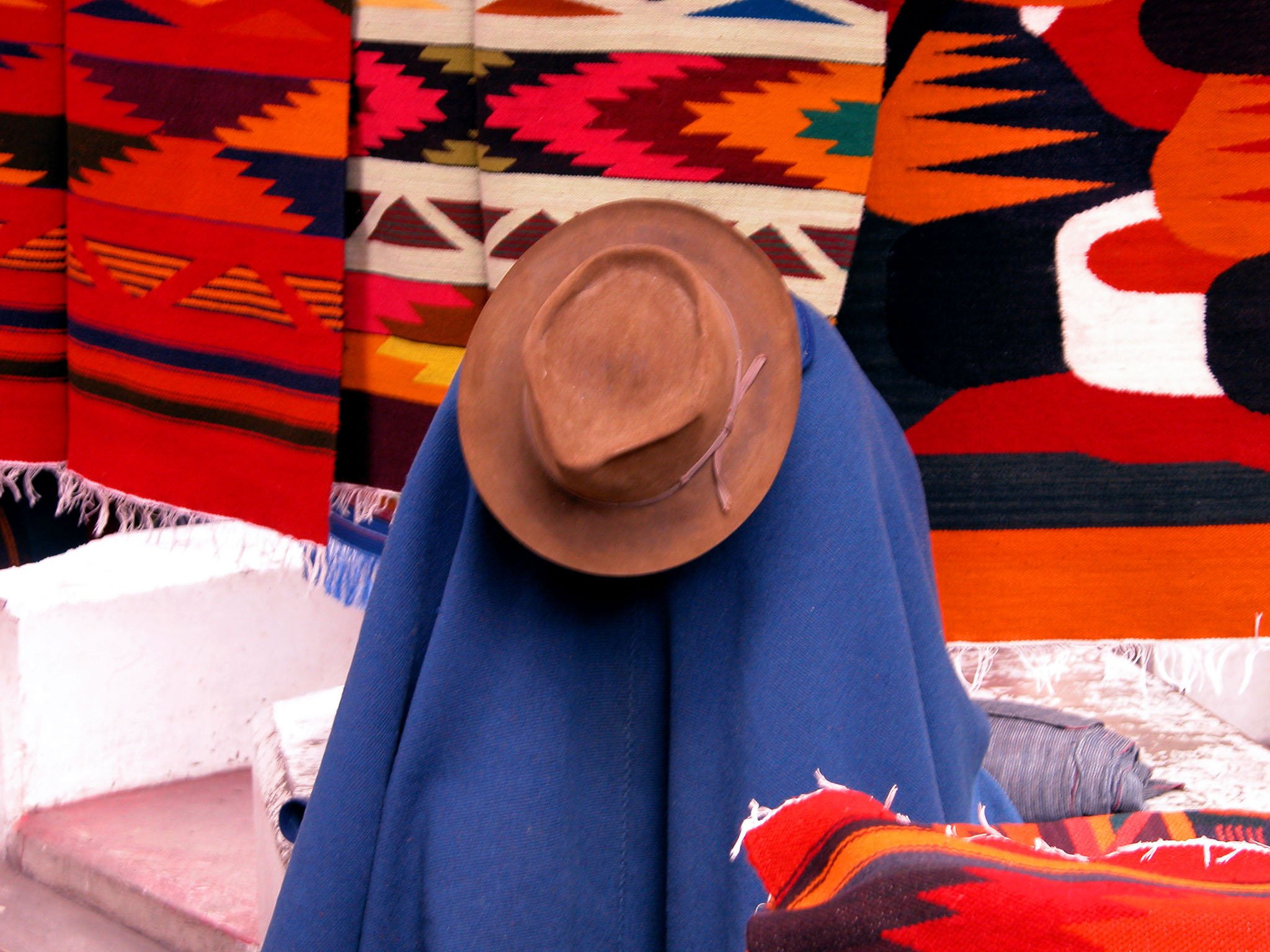One year ago today (October 9, 2012), I wrote my first blog post on emichaelmusic.com. I knew October 9 was John Lennon’s birthday and thought that my new effort should coincide with a day that had meaning to me. All things John Lennon have always been important to me. I would not have become a musician if not for The Beatles and Lennon was my favorite Beatle. (If you were alive in 1964 when The Beatles invaded my continent, you had a favorite Beatle.)
________________________________________________________
I did something similar back when I was a graduate student at the University of Miami. I needed to set a deadline to finish my orchestral composition that would be at the center of my master’s thesis. I thought that the summer would be the best to time to complete a project this large, thought about what are my favorite dates, and then chose July 2, the date in which Thomas Jefferson finished writing the Declaration of Independence . So, on July 2, I successfully pulled off something as responsible, mature and adult-ish as completing a large project on time that loomed many months ahead. And as an extra bonus and most importantly, I loved the music I had written. My orchestral master’s thesis is entitled:
C H E M I C A L F O L K L O R E
Someday I might write about it here, but not today.
________________________________________________________
Today I am in Phoenix, Arizona to speak to NARIP about my work in music copyright/IP, publishing and advertising, and to spout and rant too. My 3-hour interactive lecture to NARIP will take place on Wednesday, October 9, 2013 at Paradise Valley Community College. I’ve been referring this college as Paradise. I like to abbreviate names sometimes especially when the abbreviated name seems appropriate – this area is really beautiful!
I’ll also discuss digital issues and possibly the fair and essential use of sampling as well. By essential use of sampling, I am referring to situations when one MUST sample without permission in order to create a PARODY. (Is Essential Sampling a good phrase? Should it be Requisite Sampling? Compulsory Sampling? Sampling Because You Must?) That First Amendment thing is important and should trump other given rights at times.
I’ll leave this topic now. Near the end of my last talk at Harvard Law School on April 15, 2013, I first brought up this YOU MUST SAMPLE TO PARODY (in these specific examples) idea. It was risky to talk this way then and there and maybe more so today. But also, in three hours of interactivity today – interactivity is not the same as hyperactivity – this issue does not have to come up. I’ll ponder another time or two between now and 2 PM and decide about this FORCED/ENFORCED sampling notion.
________________________________________________________
There is a “BLOWING DUST ADVISORY for GREATER PHOENIX AREA, AZ” today and tomorrow here in Phoenix – blowing winds, reduced vision, warnings that cars must pull over, stop and hope for the best. People shouldn’t breathe or be outside…. And I’ll be wearing my best black suit! Yikes – this is not Gloucester MA or Nashville TN. I am in a real desert – the Sonoran Desert – in the real, wild American West.
________________________________________________________
And the best news for last – The BOSTON RED SOX won the ALDS last night beating Tampa 3 games to 1. We were the worst team in baseball last year. This year, objectively speaking, we are the best! It was preordained.
________________________________________________________








